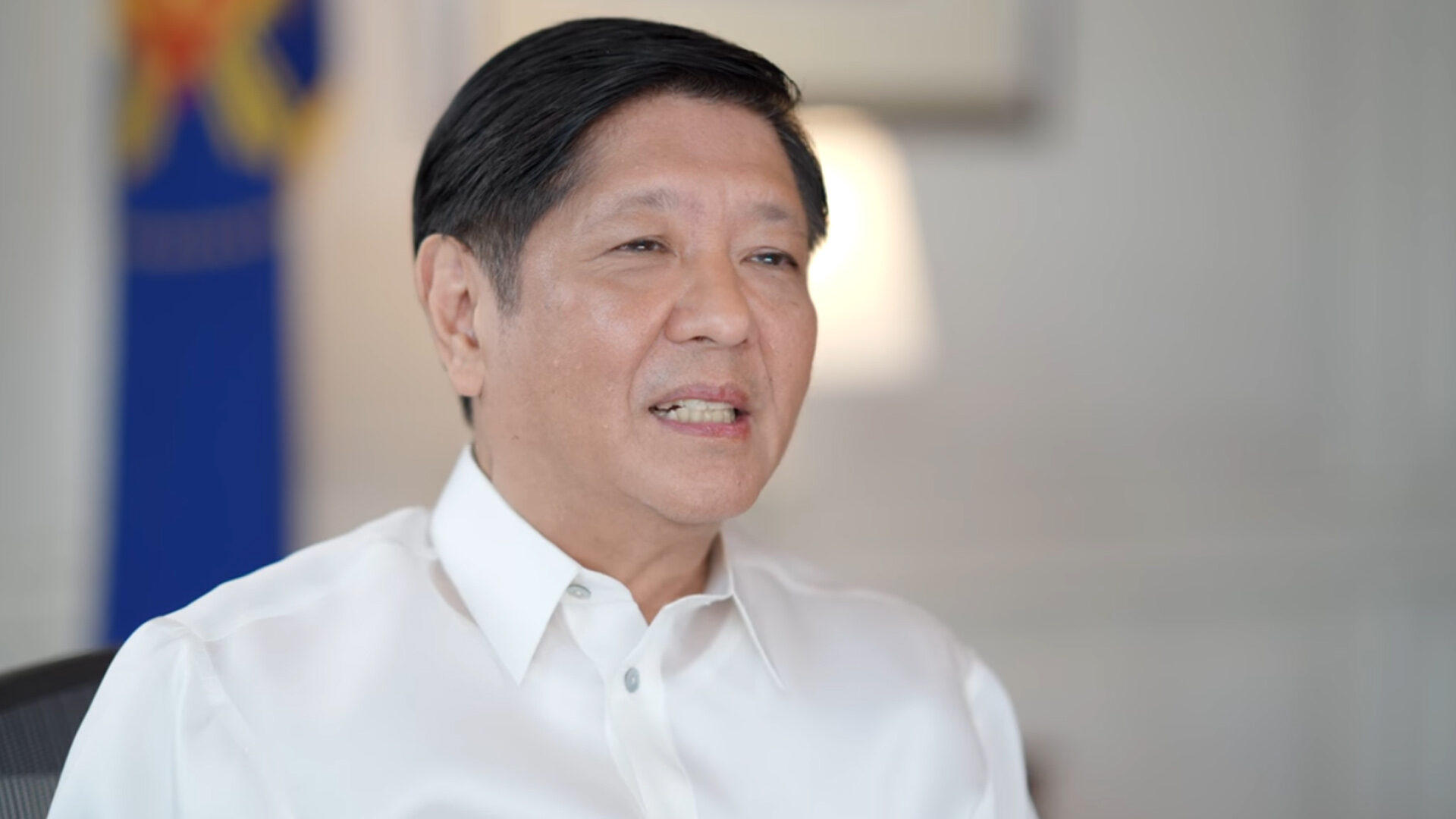President Ferdinand Marcos Jr. instructed the appropriate government agencies to explore how the Philippines could properly handle the issues raised by the Malaya Lolas, a group of “comfort women” or victims of sexual slavery by the Japanese imperial army during World War II.
The Chief Executive made the instruction in response to the Philippines’ reply to the United Nations Convention on the Elimination of Discrimination Against Women report, which stated that the Philippines had not supported the Malaya Lolas in filing claims against Japan.
Marcos underscored that the Philippines is committed to protecting women’s rights and promoting gender equality, as outlined in its laws, treaties, and other international human rights agreements.
He also stated that the Philippine government is currently taking steps to address the CEDAW’s concerns regarding the Malaya Lolas case.
” I have instructed the relevant Government agencies to look into how we can appropriately address the concerns of the Malaya Lolas,” Marcos said.
“Government agencies concerned are formulating a comprehensive response to the CEDAW Committee and will submit this within the required period,” Marcos added.
In March, a committee of experts from the United Nations responsible for overseeing the implementation of the CEDAW determined that the Philippines had breached the rights of comfort women. The committee cited the country’s failure to offer reparation, social support, and recognition for the harm they endured.
The committee is awaiting a written response from the Philippines within six months, or until September, detailing any actions taken in response to the committee’s opinions and suggestions.
Marcos assured that the government commits to undertaking measures and finding ways to help them live better lives as an expression of our continued deep solidarity with them and of utmost respect.
Two days after the UN body released its decision, Malacañang said the Philippine government recognizes the suffering of the victims but noted that “some reparations have been made and the Supreme Court has adjudicated on the matter.”
“We honor their indomitable spirit and dignity in taking this important cause forward through these years,” Marcos said in the statement.
“While we maintain our previous position on the admissibility and merits of the case in view of national jurisprudence and treaty obligations, we recognize the grave atrocities endured by brave Filipino women during the wars of the 20th century, and sincerely commiserate with them as they bear the long-term and irreversible physical and psychological effects of the war,” he added.
Previously, Malacañang stated that the Marcos administration would examine the UN women’s rights committee’s opinions and provide a written response within six months, as stipulated by the Optional Protocol to the CEDAW.
During World War II, thousands of women in Asia, including the Philippines, were subjected to sexual slavery by the Japanese military. In 1956, Manila and Tokyo signed a reparations agreement that required Japan to supply the Philippines with services and goods worth $550 million.
Despite their dwindling numbers, the victims are still seeking justice and urging Japan to resolve the issue.
